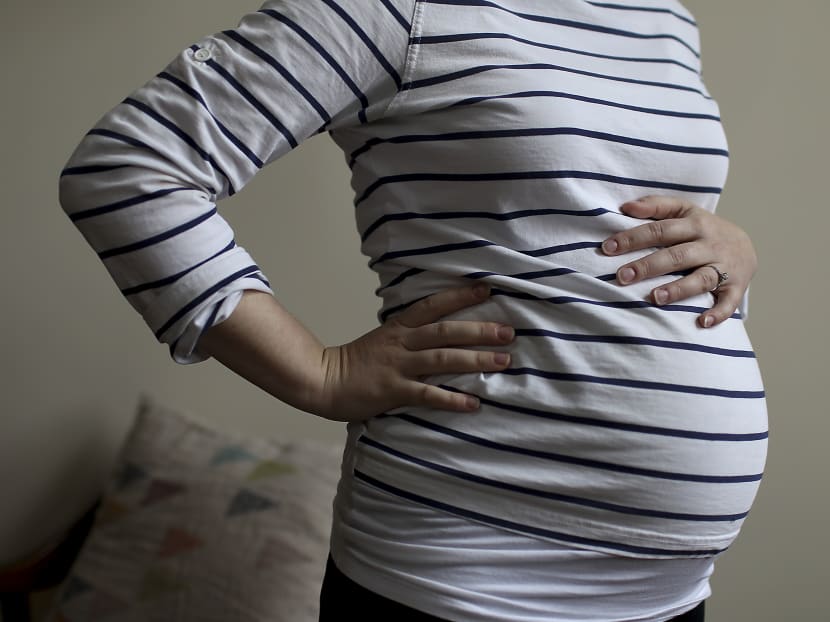Family members are key to supporting new mums
SINGAPORE — Mistaking what they are feeling for a bout of the baby blues, shame at their parental ability, and stigma are the common reasons for mothers with postnatal depression to suffer in silence, experts said.
SINGAPORE — Mistaking what they are feeling for a bout of the baby blues, shame at their parental ability, and stigma are the common reasons for mothers with postnatal depression to suffer in silence, experts said.
So, people around women who have just given birth — for the first time, especially — have important roles to play, to provide support or spot red flags, experts added.
Postnatal depression is estimated to affect 6 to 8 per cent of women here, but going by anecdotal evidence, only a fraction of these women seek help.
Taking the 33,000 births last year, for instance, about 1,800 women, conservatively speaking, would have suffered from postnatal depression. The Women’s Mental Wellness Service at KK Women’s and
Children’s Hospital, however, saw just about 80 new cases.
Dr Chua Tze-Ern, a consultant from the centre, said the low rate of those seeking help is partially because most people, including new mothers, assume that the emotional duress experienced post-delivery is due to hormonal changes alone.
Since they do not recognise the symptoms of postnatal depression — low mood and lack of positive emotions persisting beyond two weeks, affecting one’s ability to function, among others — they might not seek professional help, she said.
Feeling ashamed of getting help is another significant barrier, said Ms Jolene Tan, who is the head of advocacy and research at the Association of Women for Action and Research. The mistaken thinking that parenting comes instinctively is not uncommon, but motherhood is actually a steep learning curve involving great physical and mental stress, she noted.
“The idea that mothers should naturally know what to do, or that caring for a newborn is always joyful, can magnify a feeling of failure when new mothers face ordinary challenges and frustrations,” Ms Tan added.
Some mothers also fear that by seeking professional help, they may be seen as unfit to care for their child.
Ms Silvia Wetherell, a counsellor at The Choolani Clinic at Mount Elizabeth Novena Hospital, added that “there is simply lack of understanding on the part of families and friends”.
About 80 per cent of her patients are expatriates, but she has seen a 10 per cent increase in the number of local patients in the last six months.
“Mental illness is like a broken leg. It’s not obvious, but you need to treat it. If it’s a broken leg, everyone will be saying that you need to see a doctor,” said Ms Silvia.
Experts said that people around new mothers should be careful about not flippantly dismissing cries for help as simply exhaustion or a natural state of affairs for inexperienced mothers.
They noted that, if not managed properly, postnatal depression not only affects mother and child developing a close and nurturing relationship, but also leaves husbands stressed out, and eventually, affecting marriages.
“Depression does not just affect one person at one point in time, it impacts the family, potentially on a long-term basis,” said Dr Chua.
While more support could be given to new parents, such as more leave days and flexible work arrangements, family members remain the key
sources of support for new mothers, said experts.
It could be as simple as providing a listening ear, and communicating with new mothers to help them emotionally. Or helping out with household chores and caring for the child so the mother gets a break, they said.










